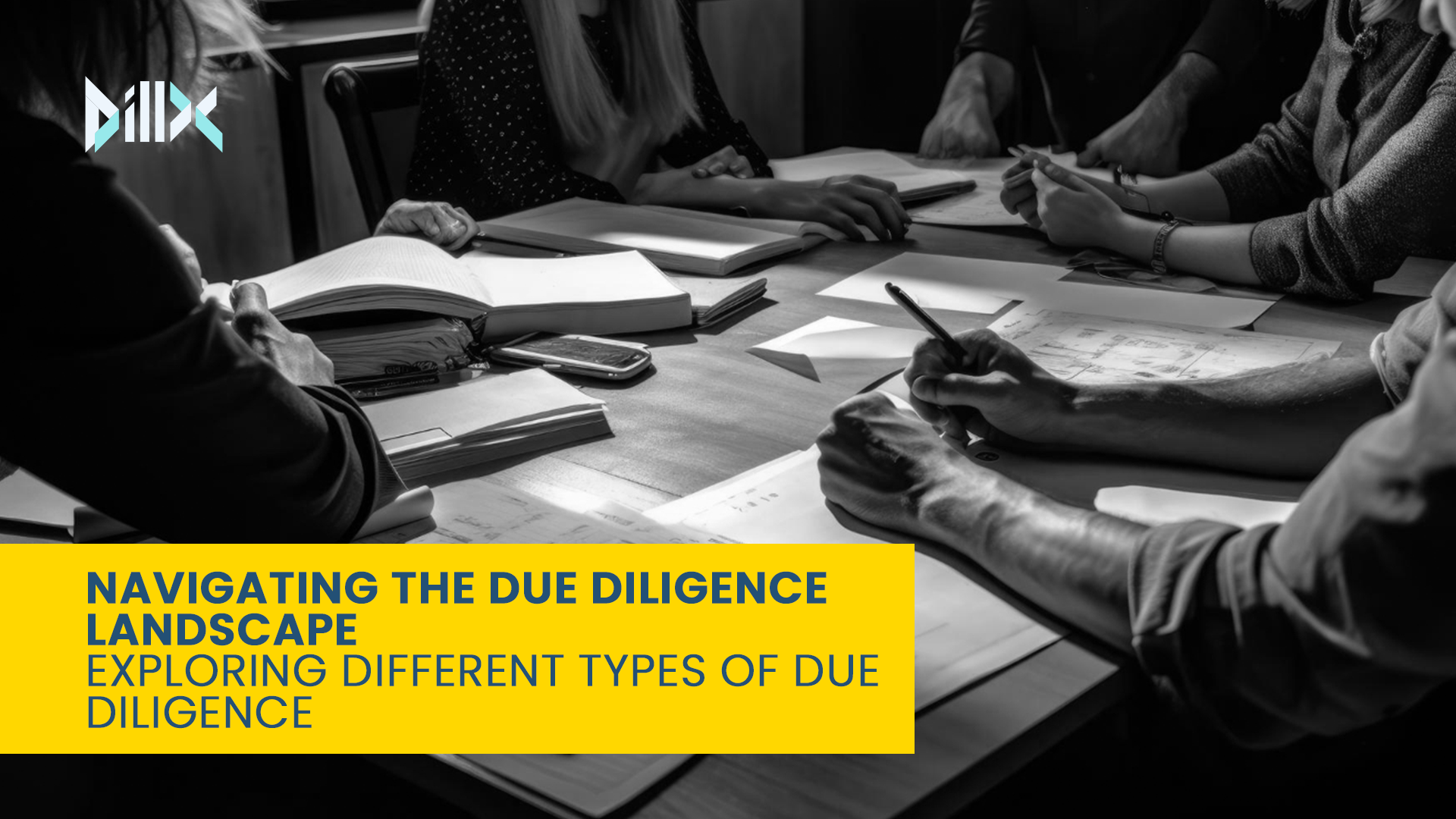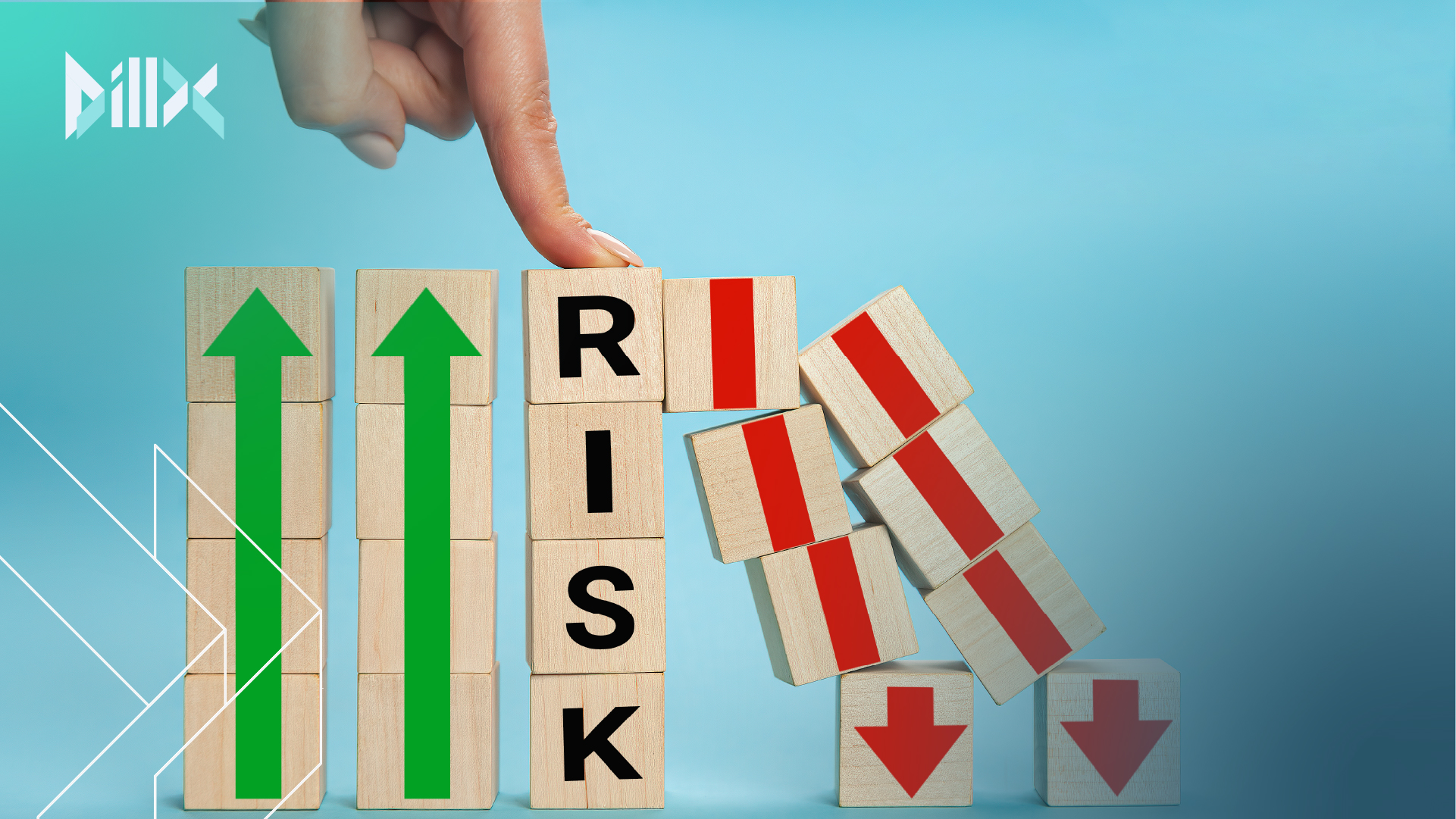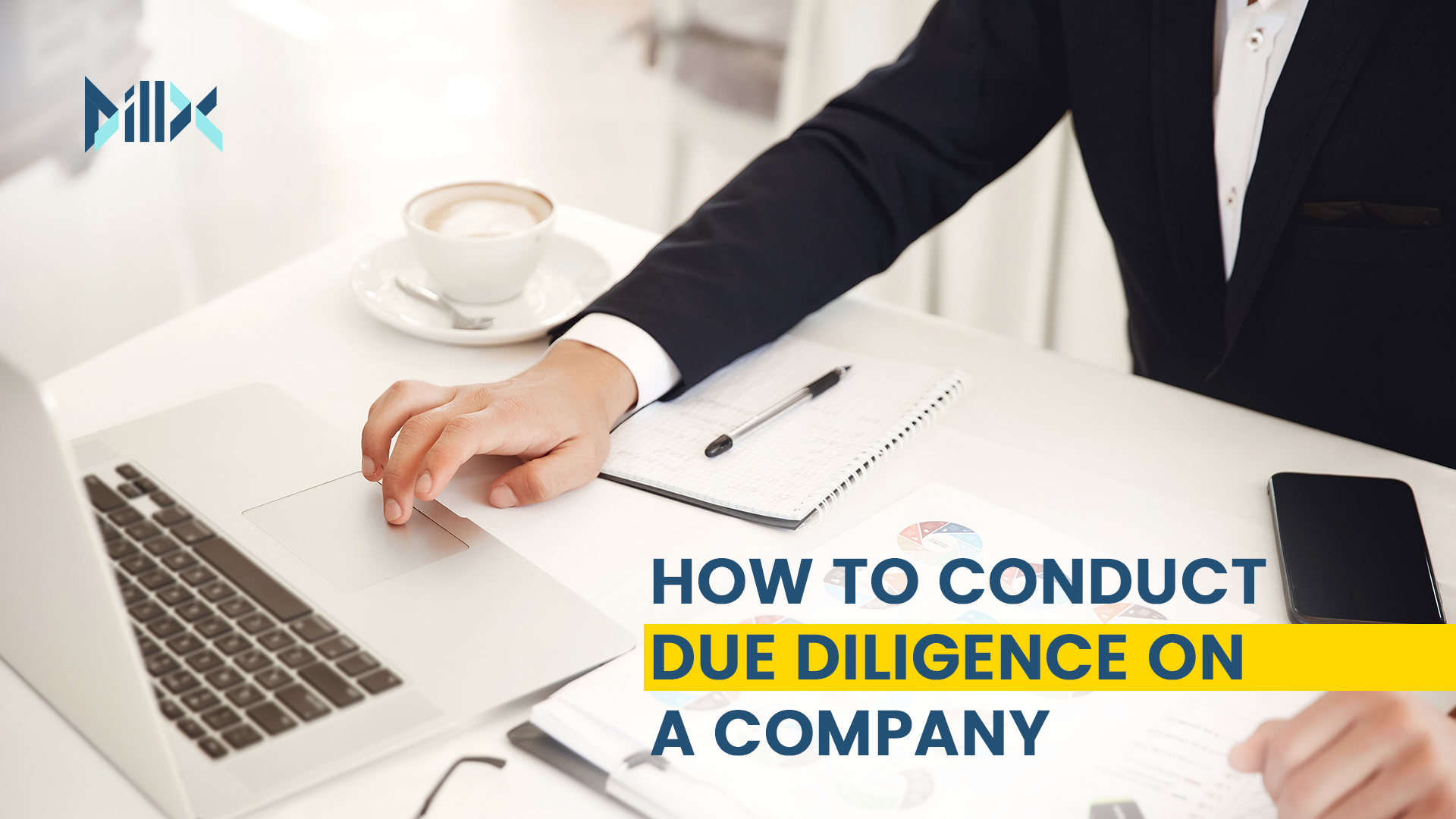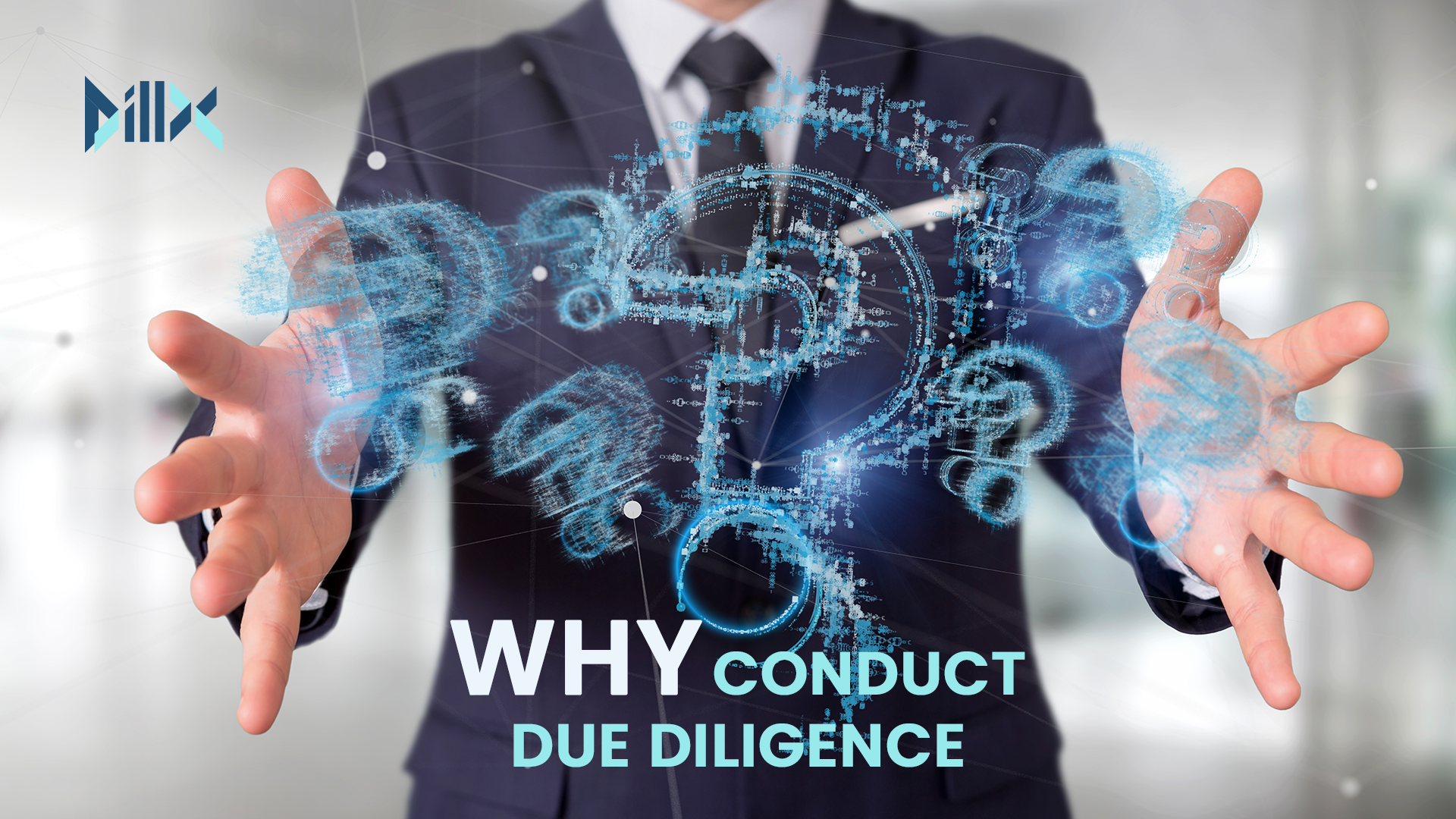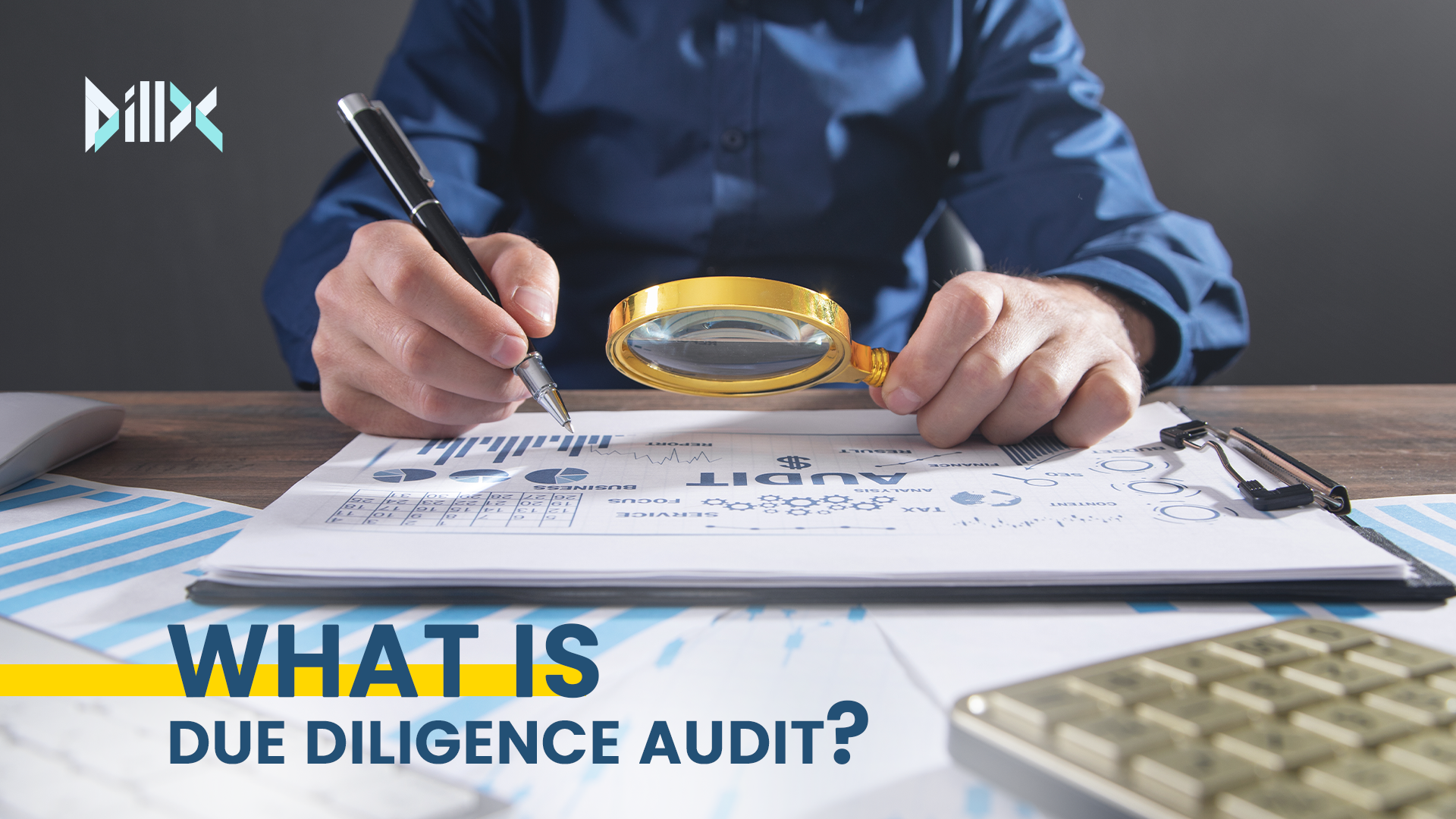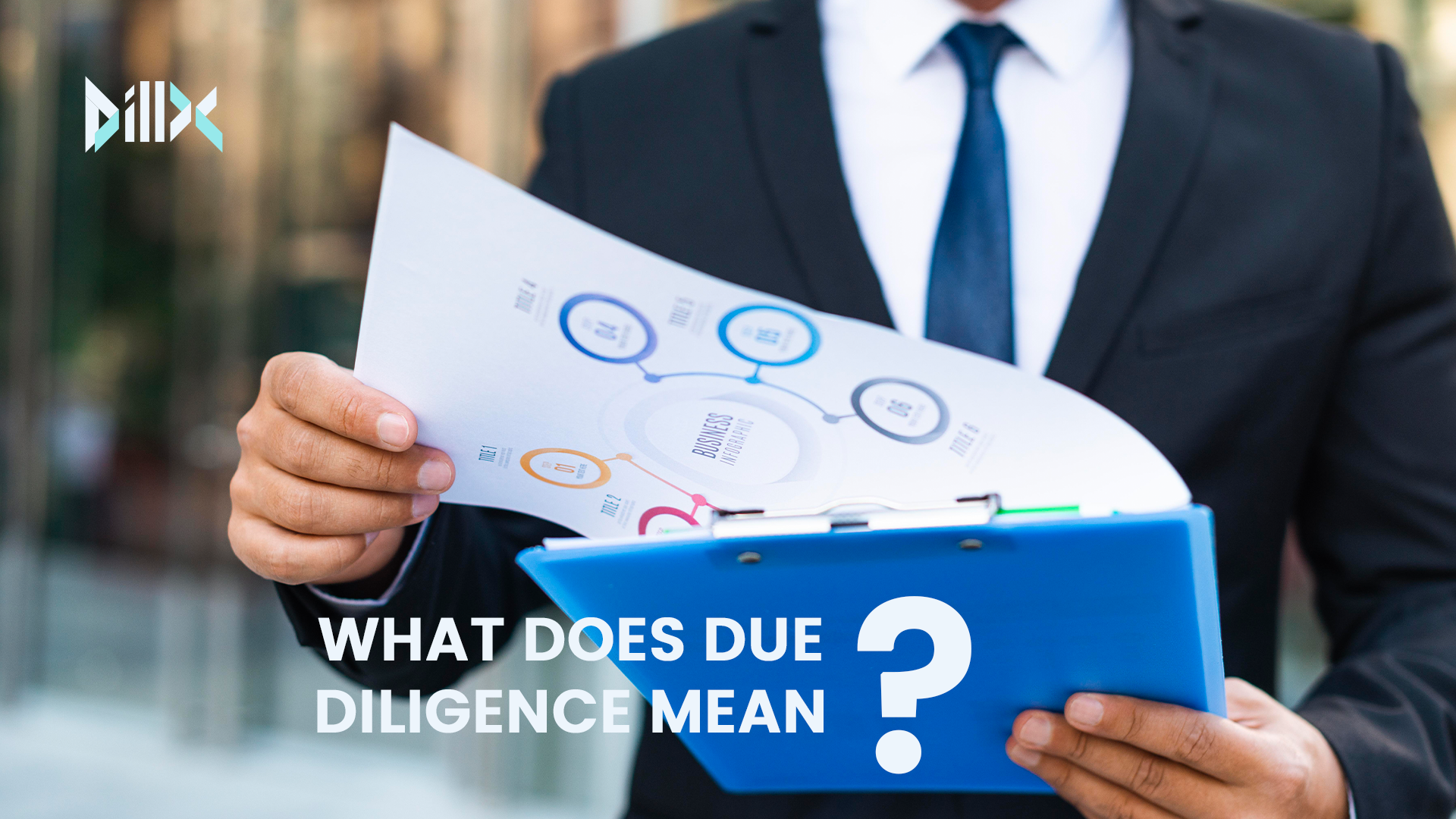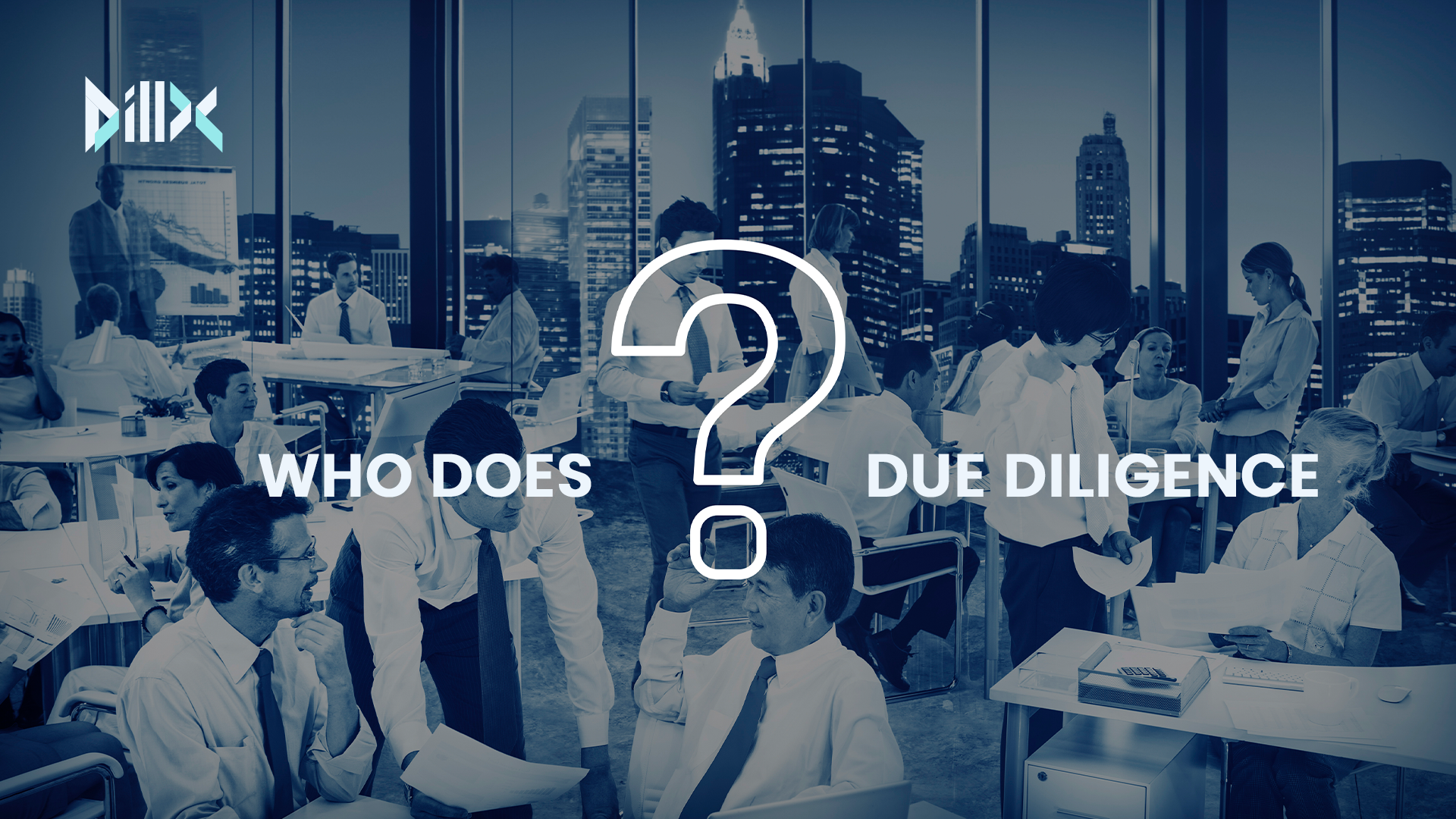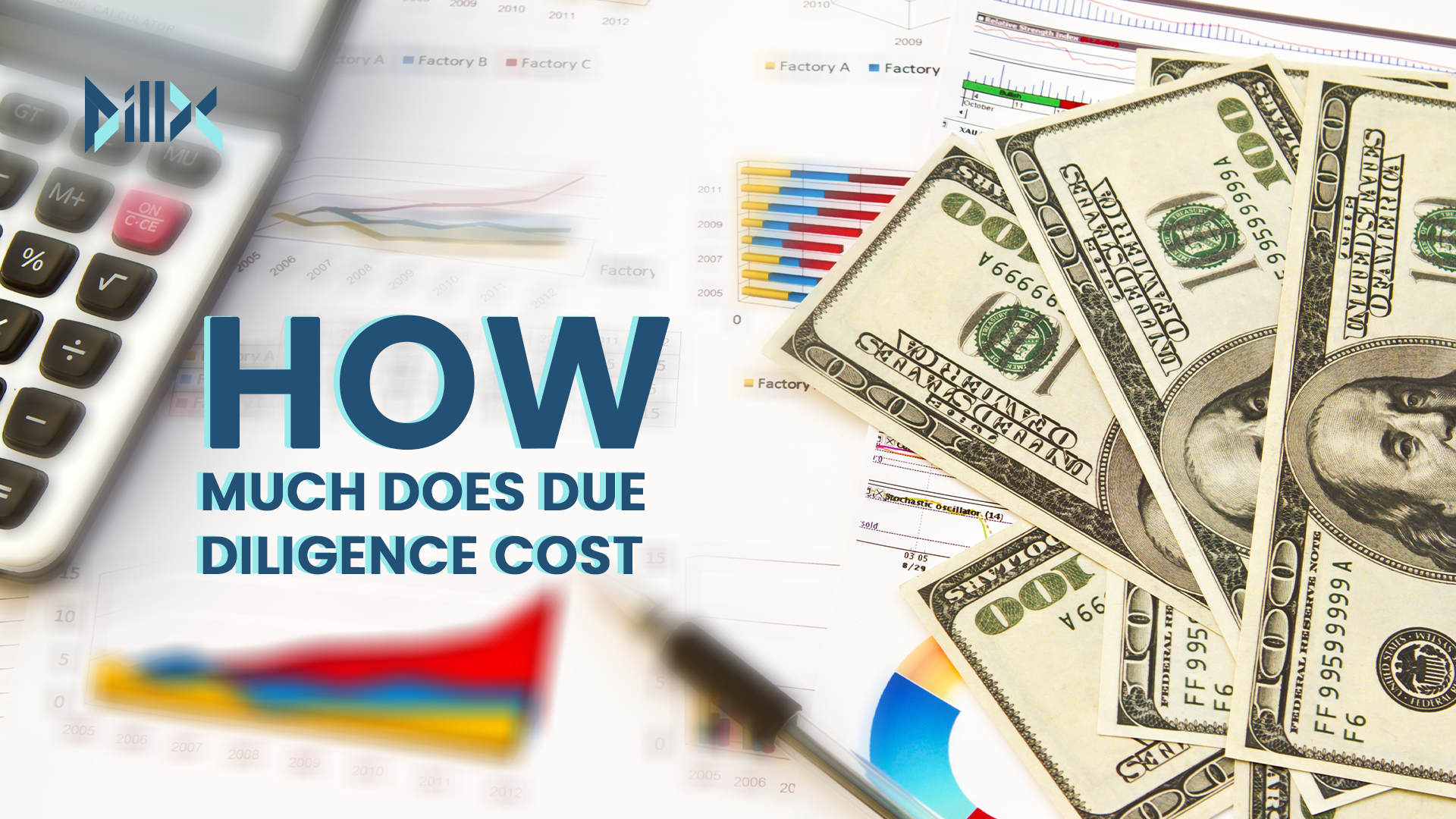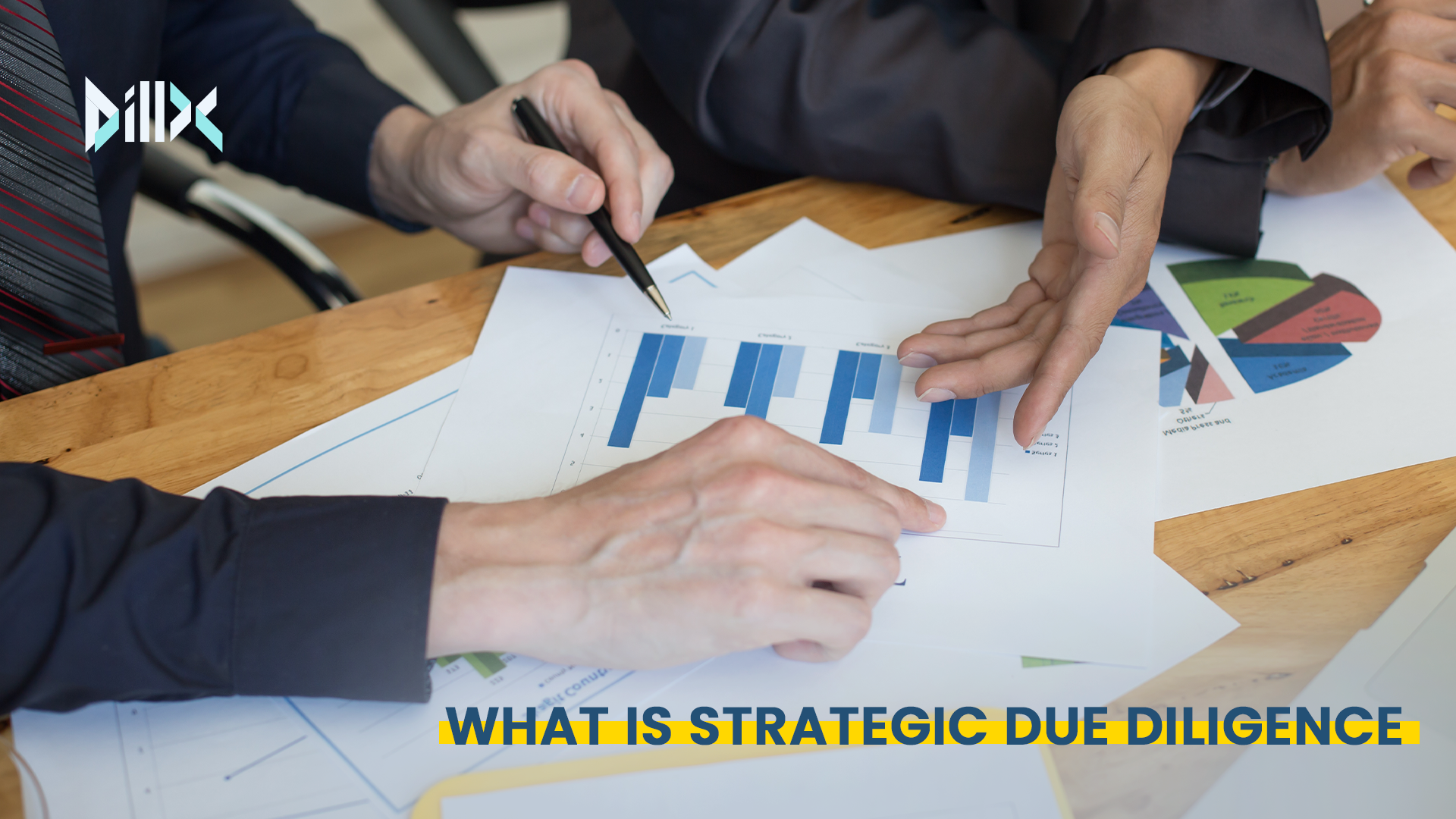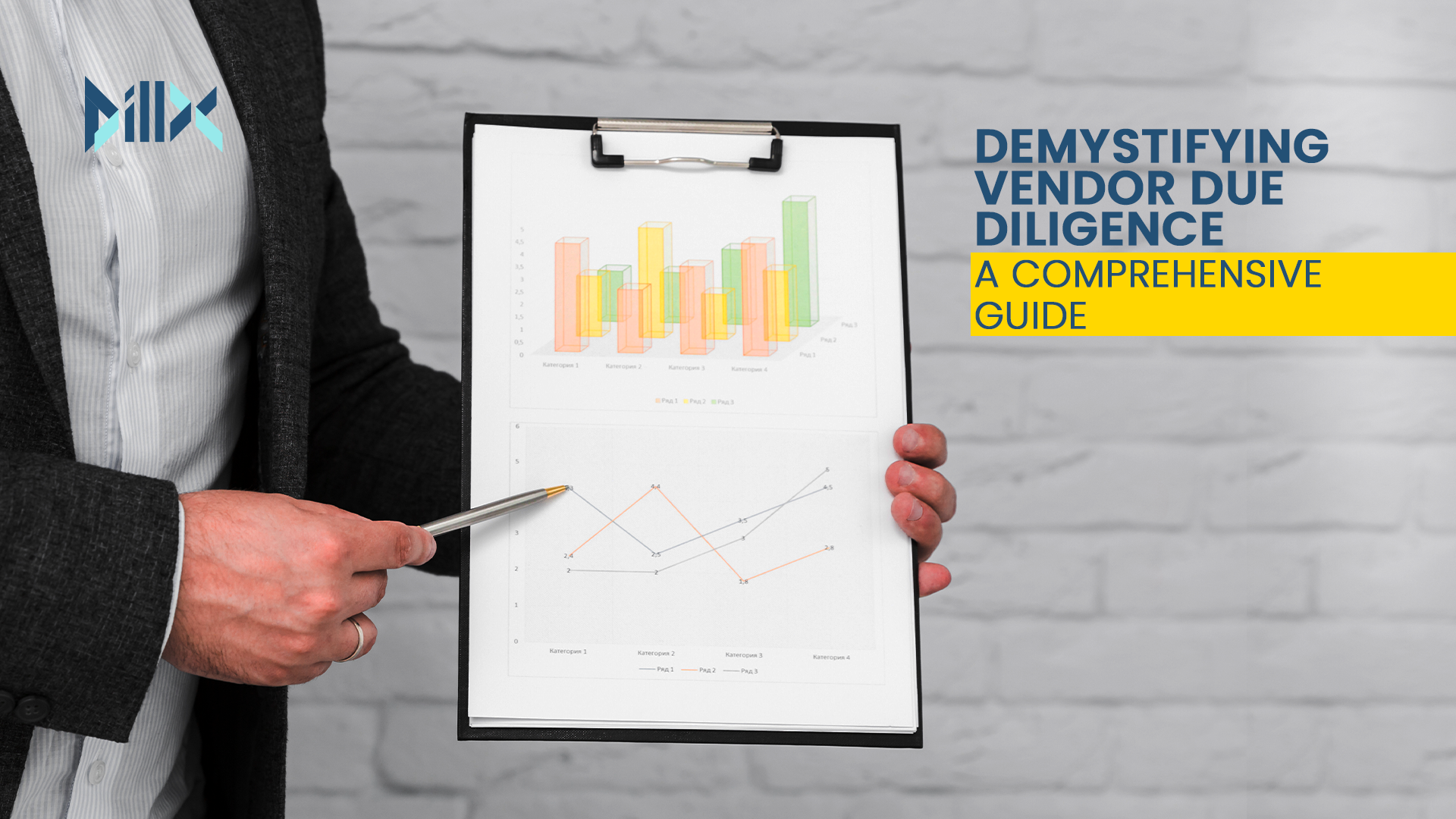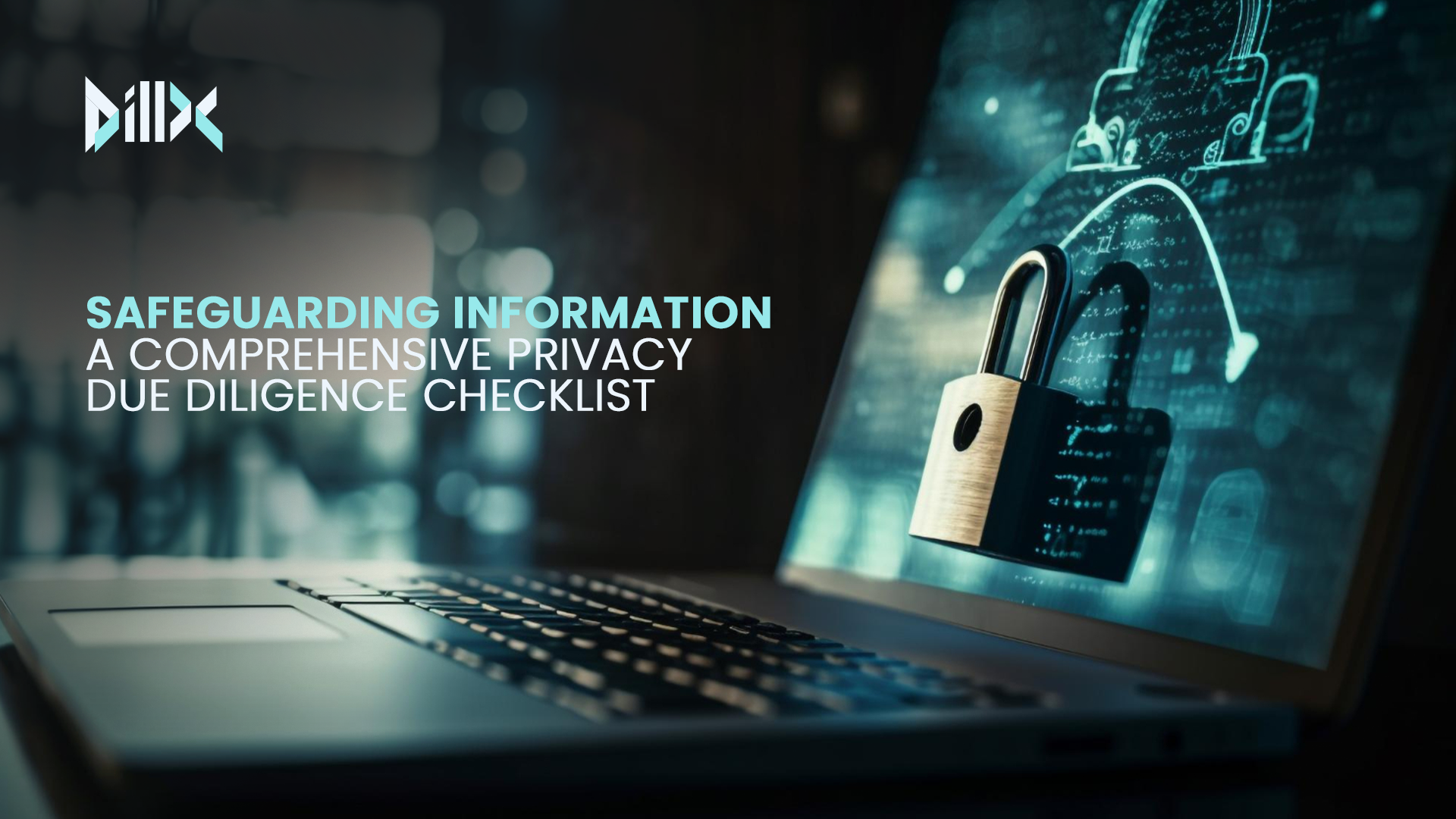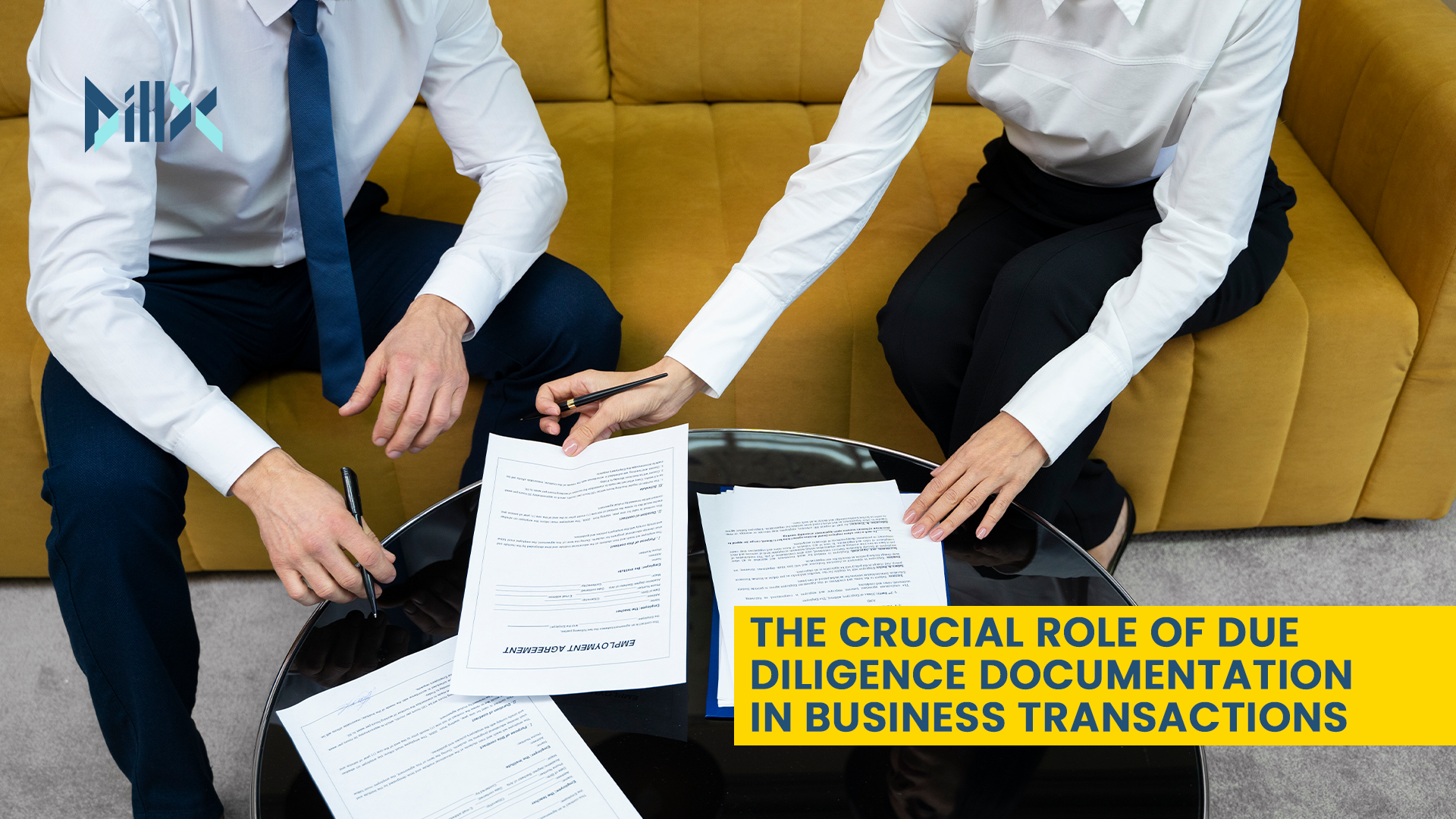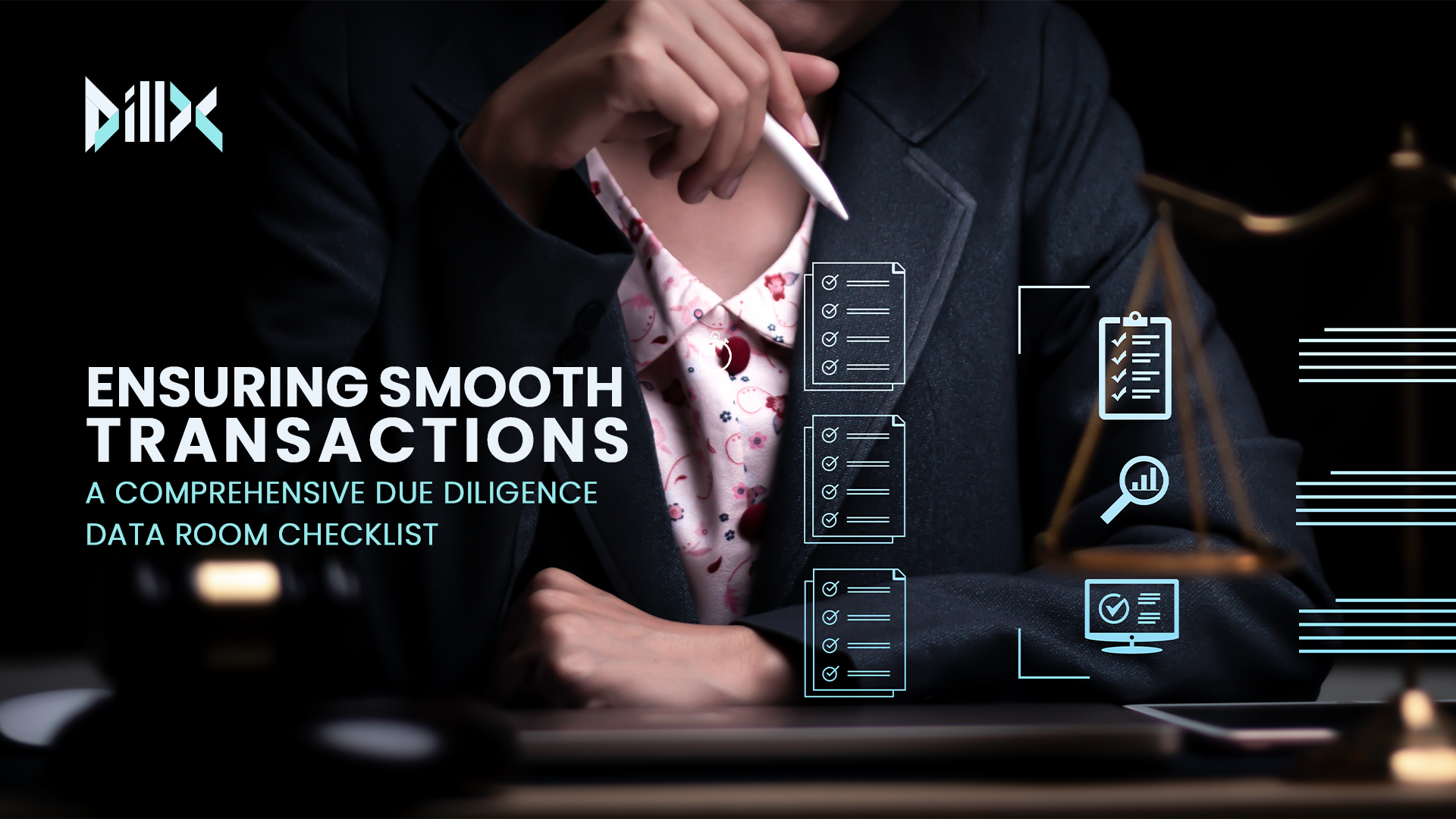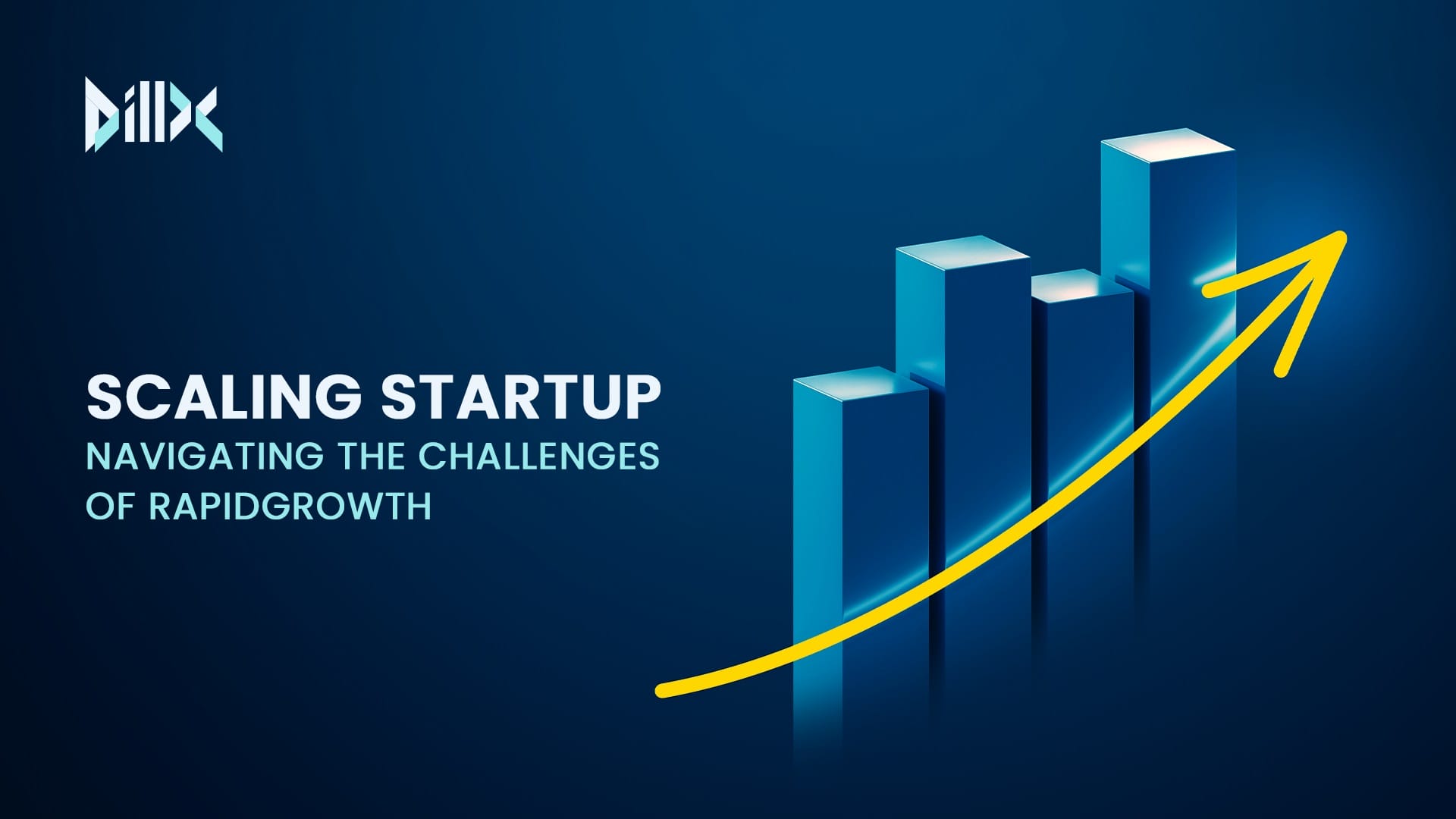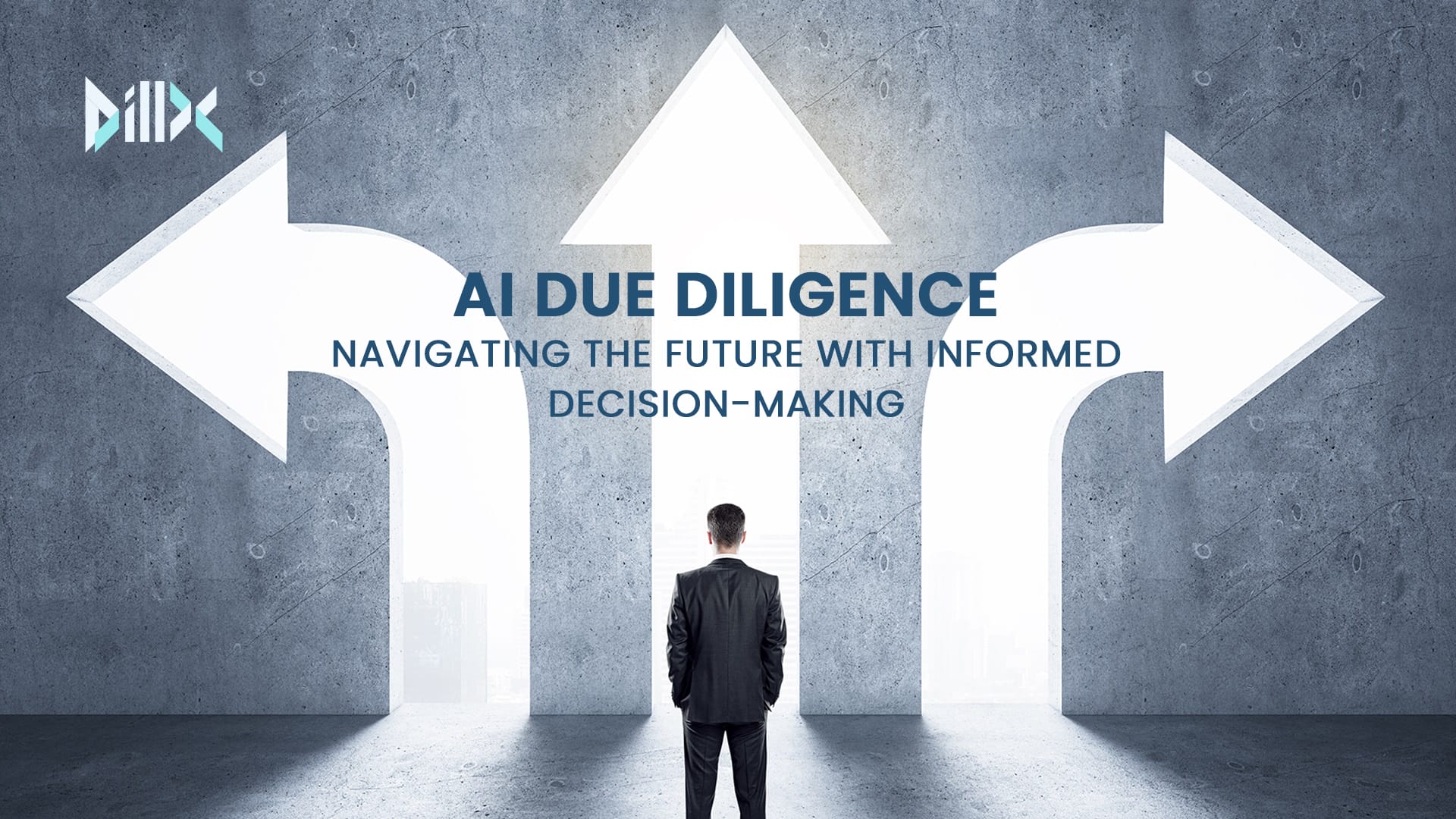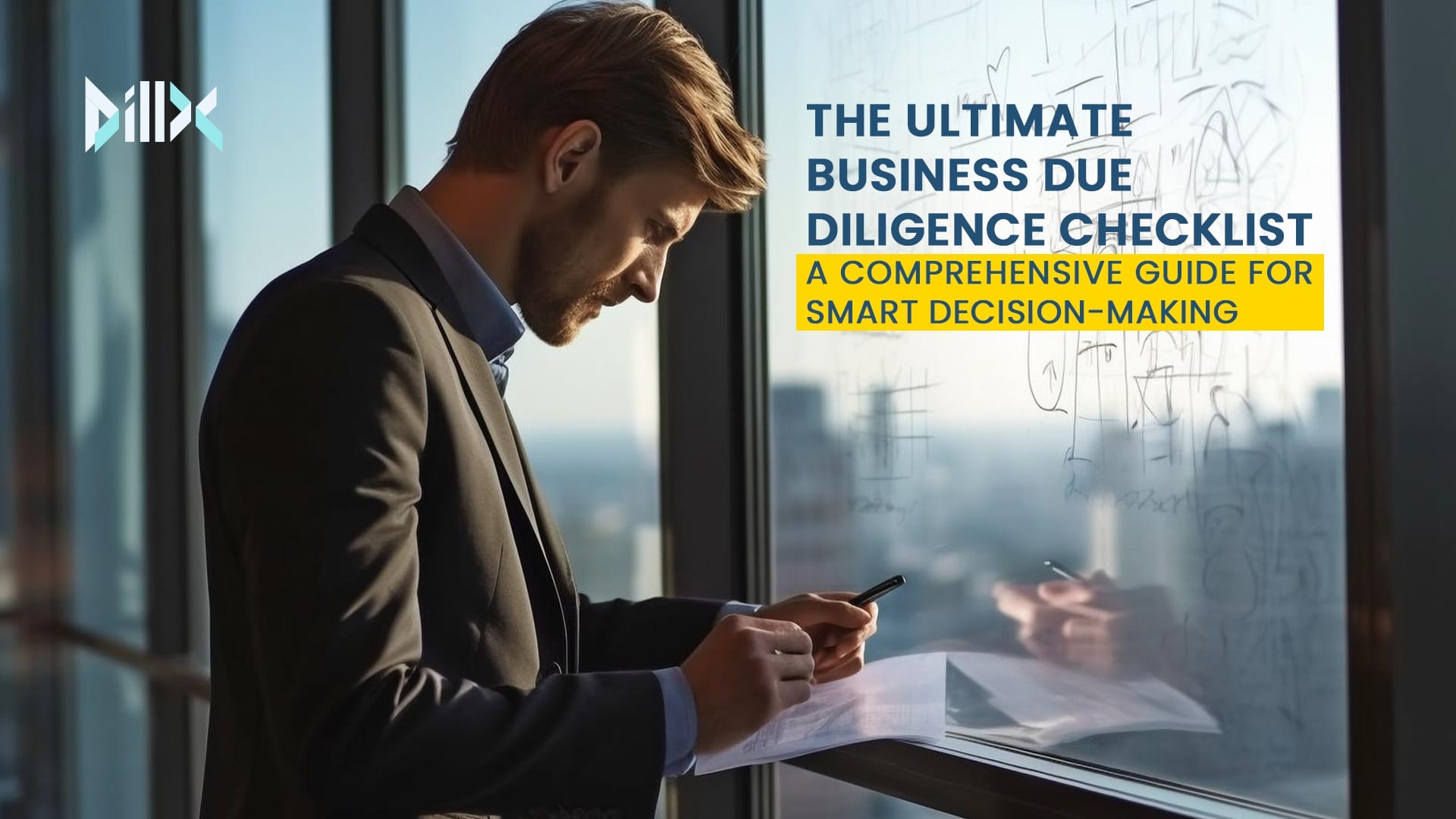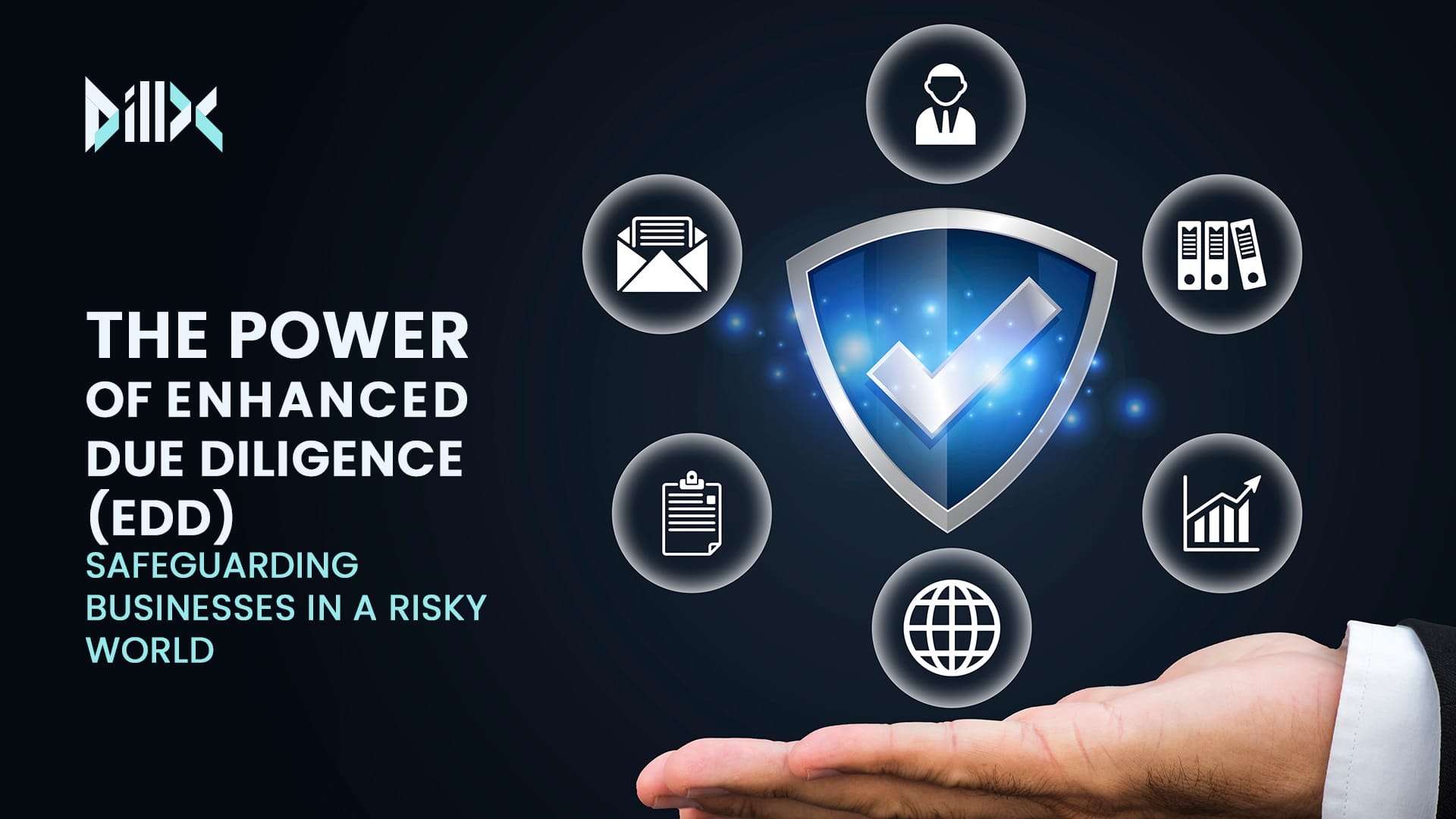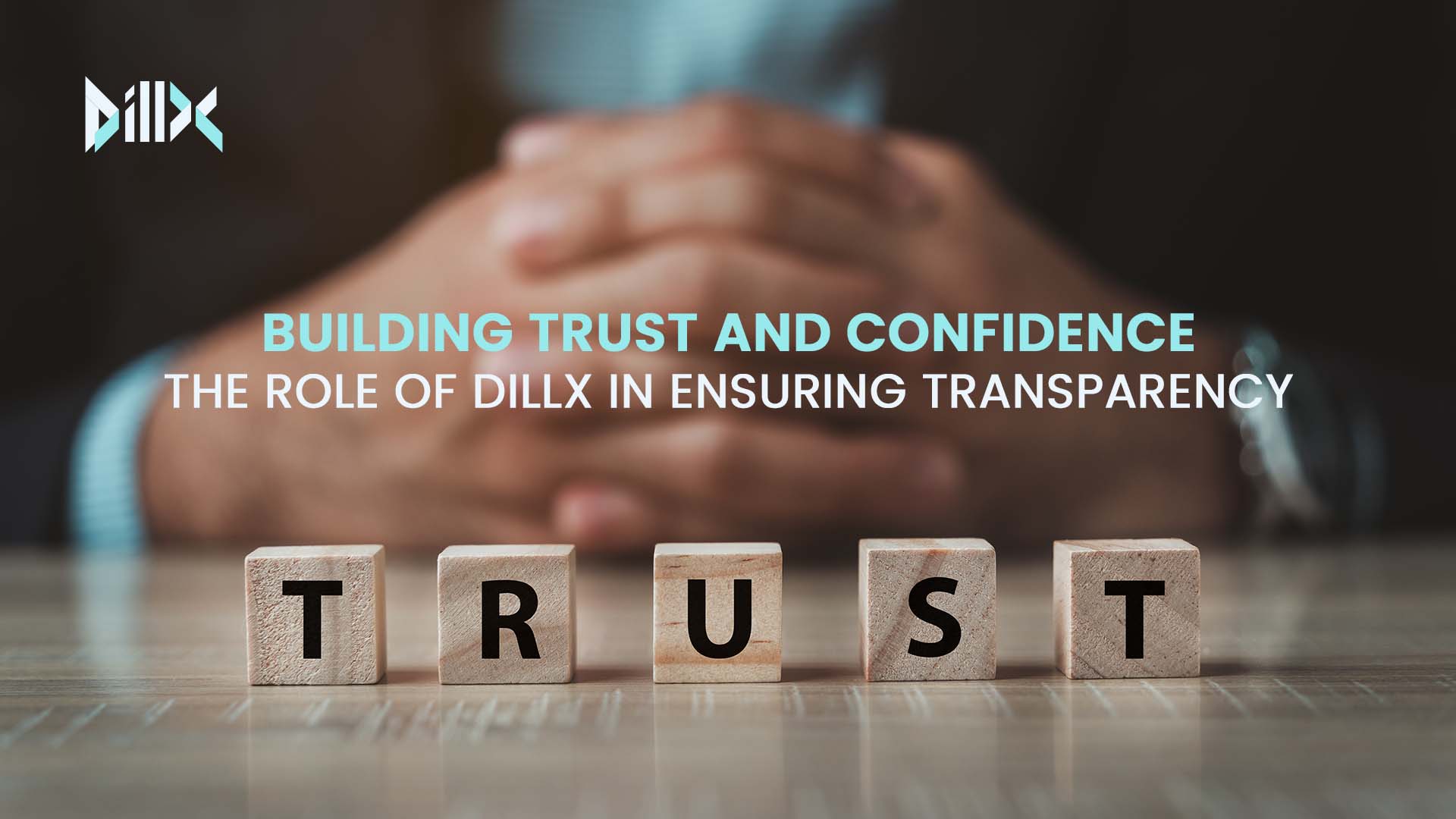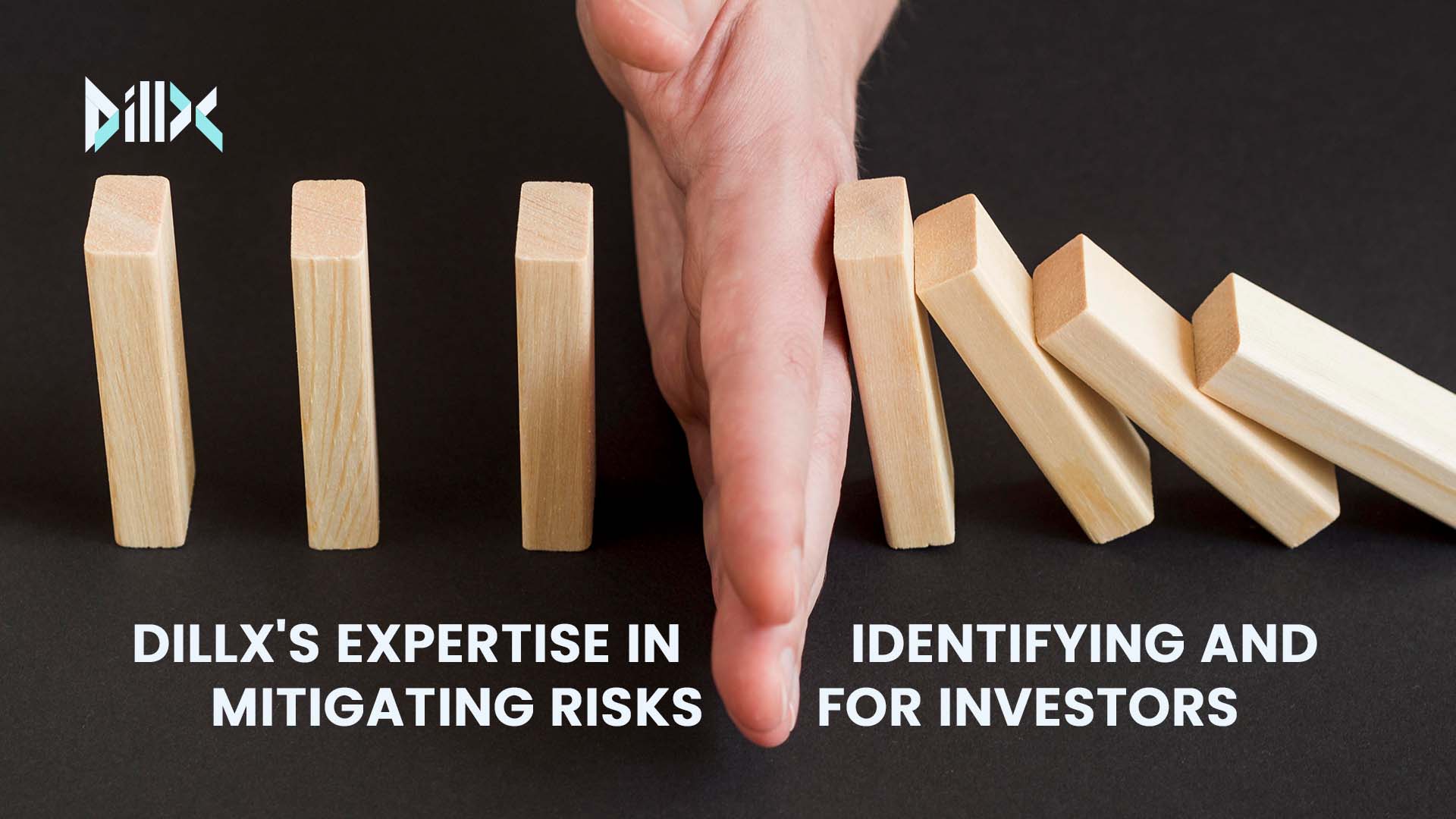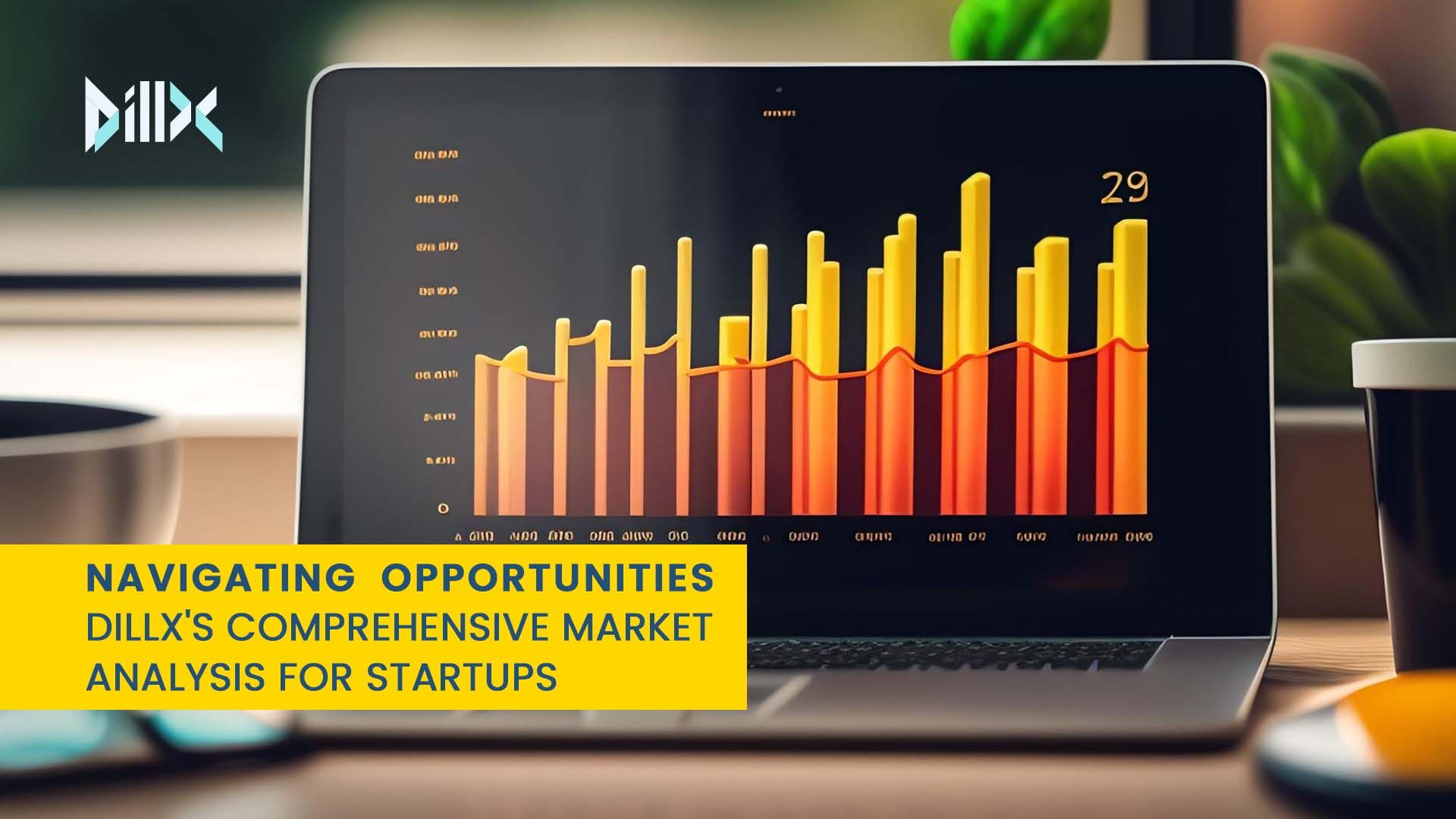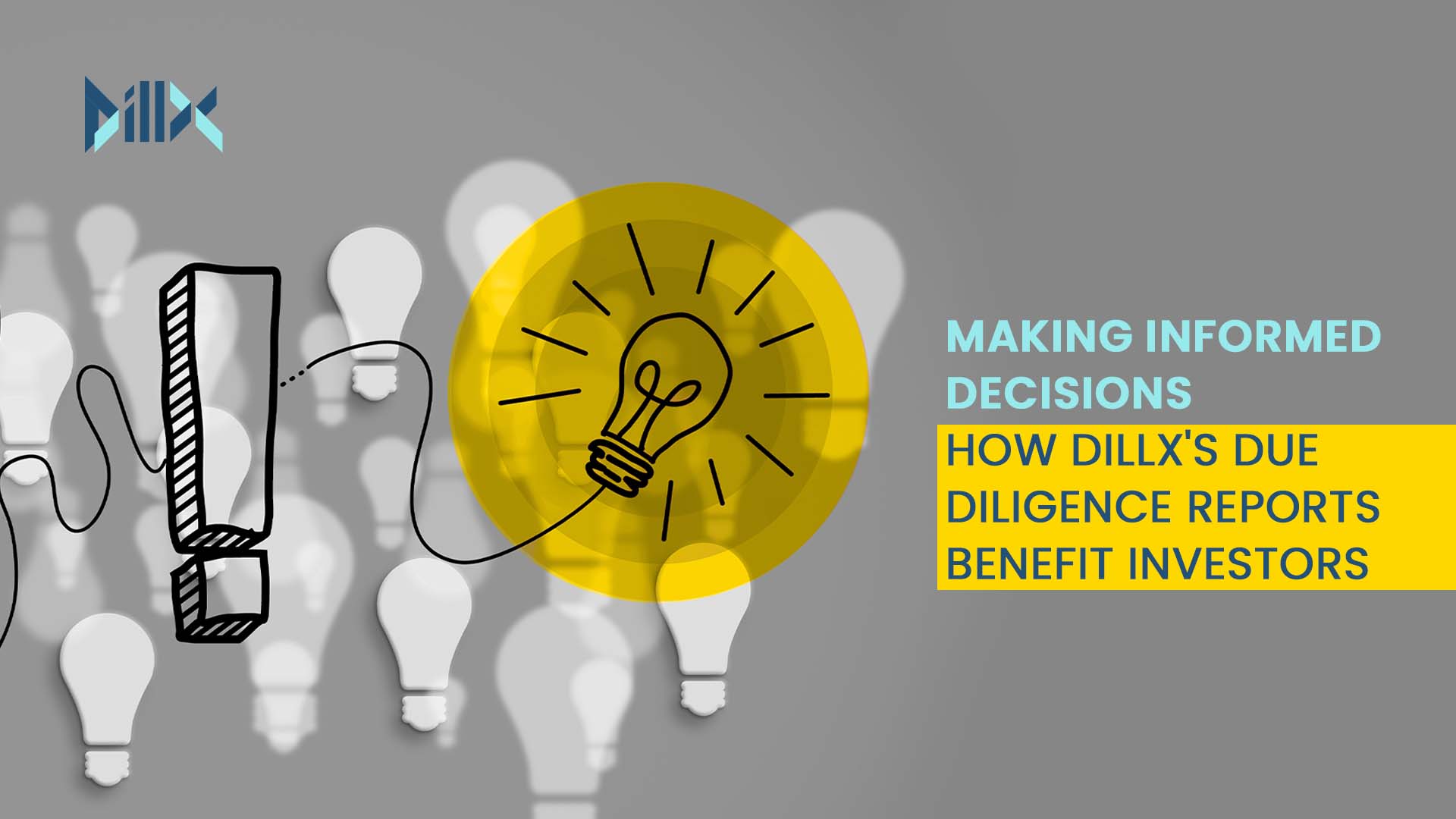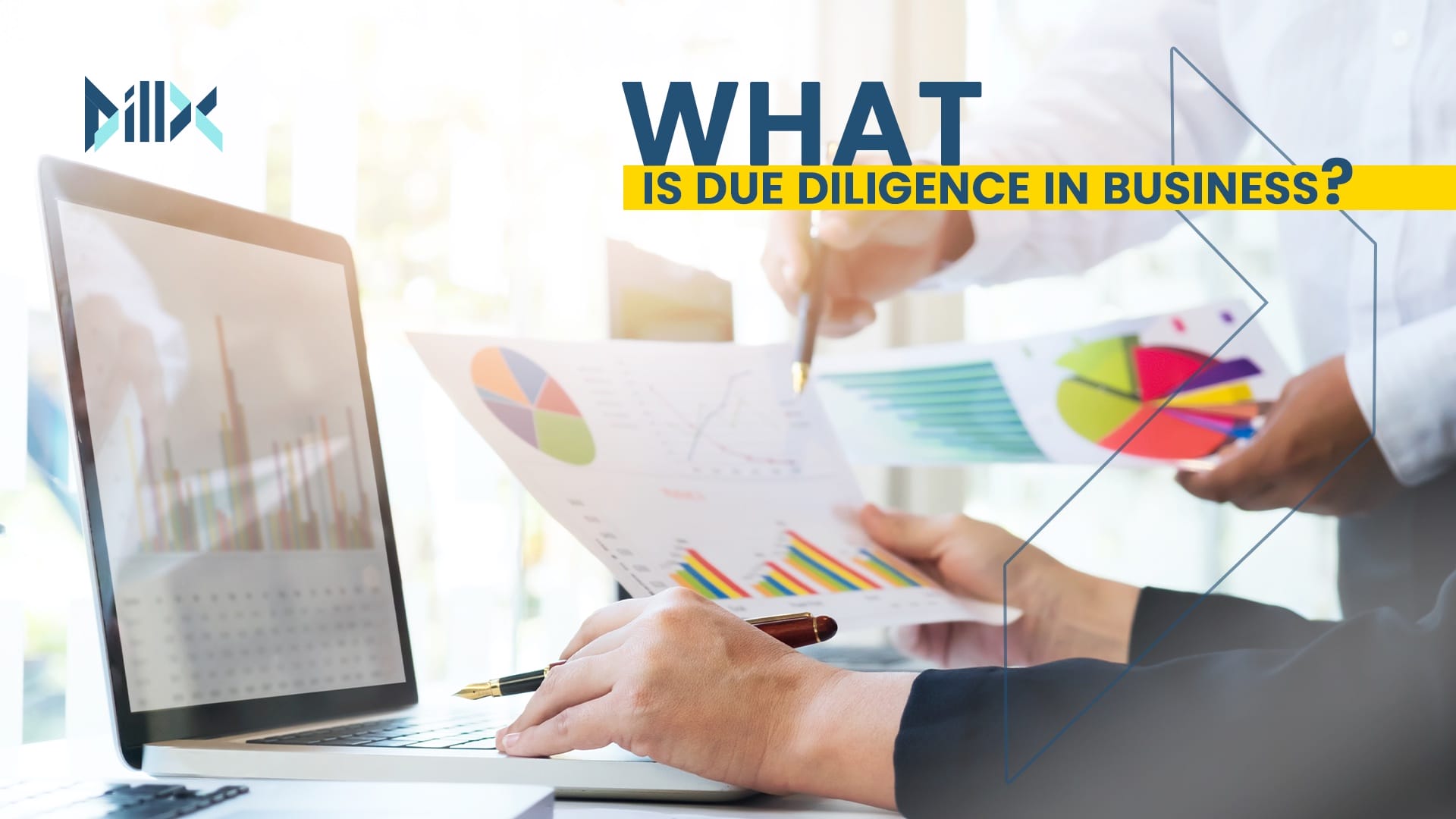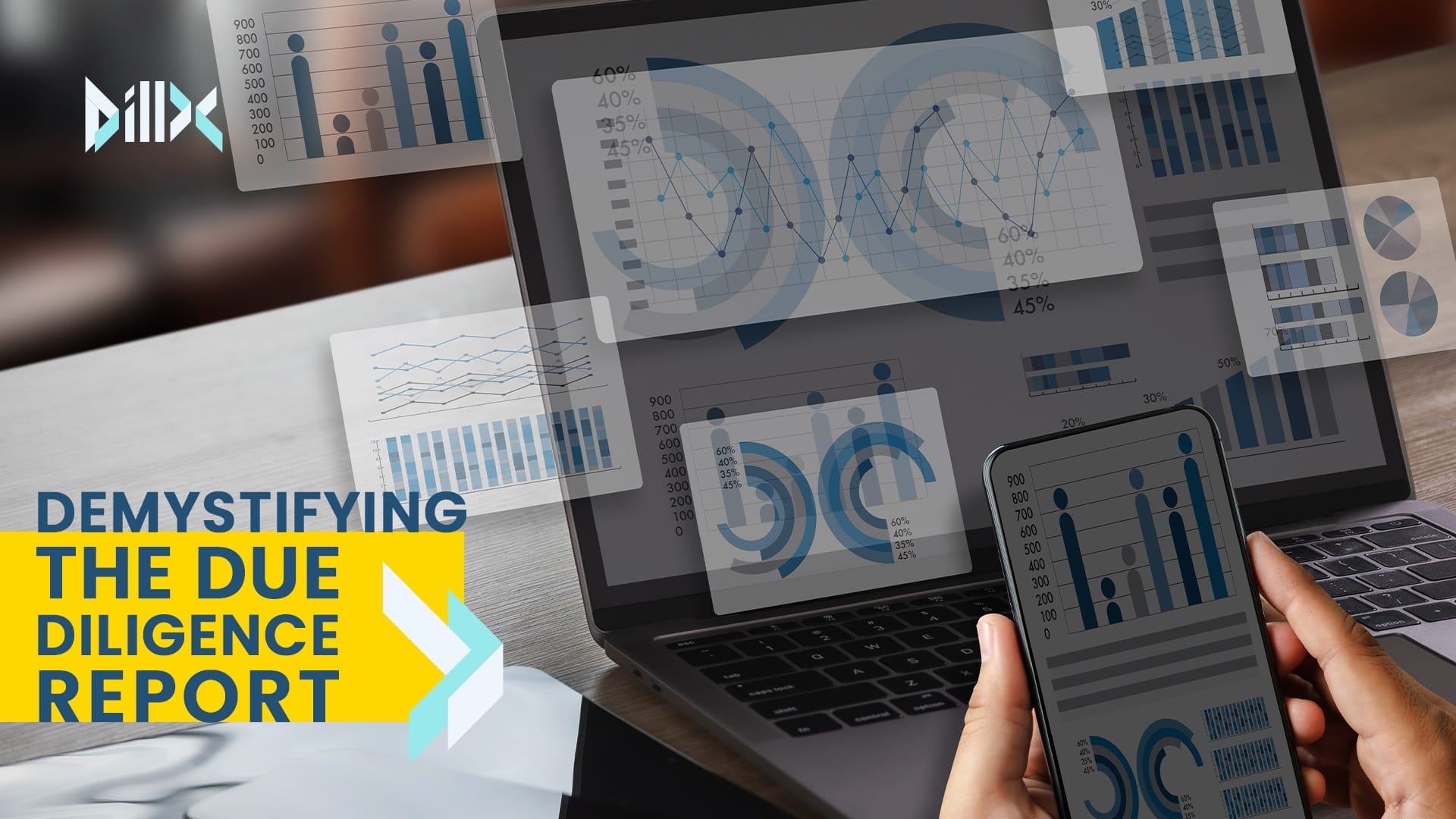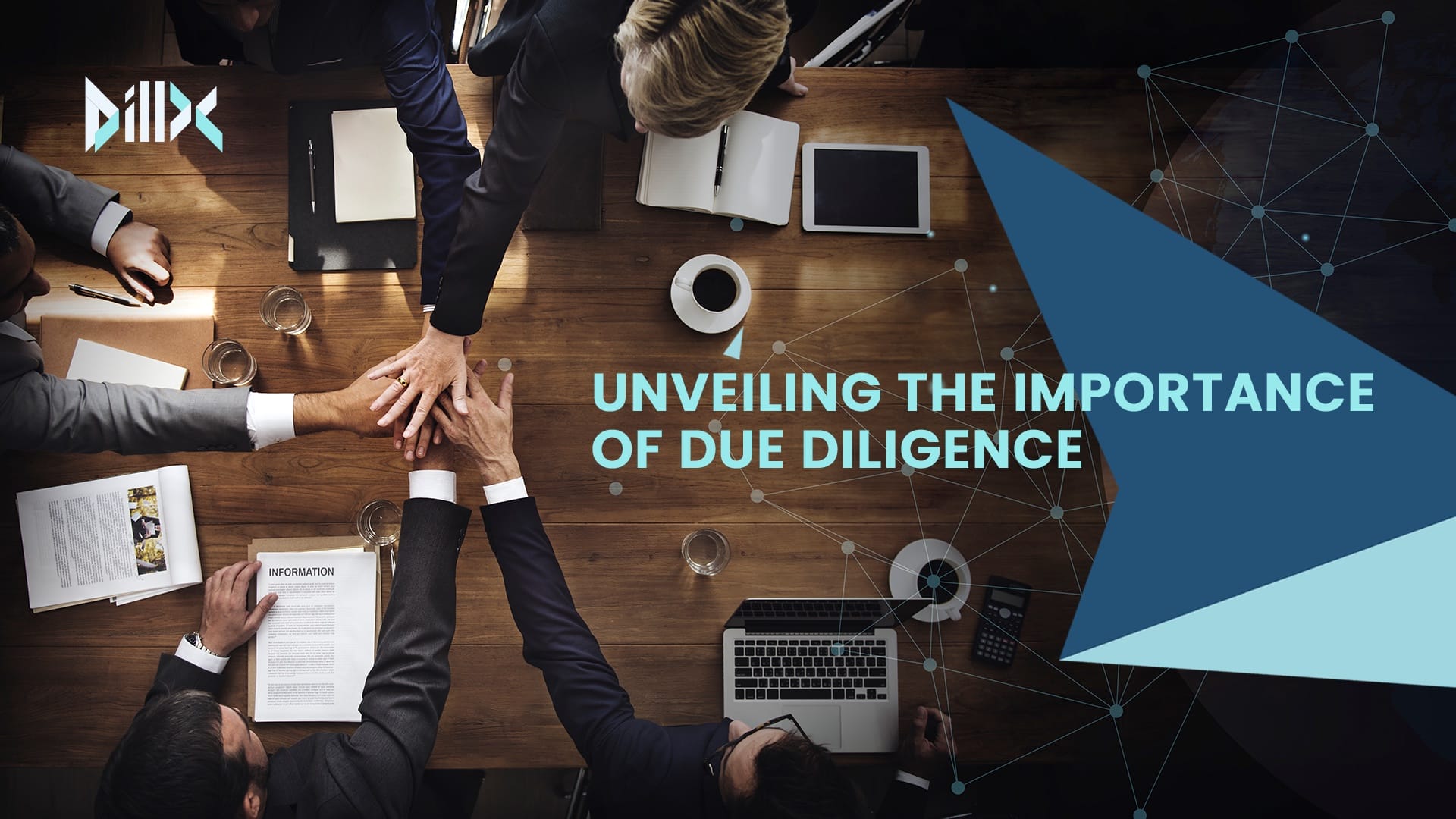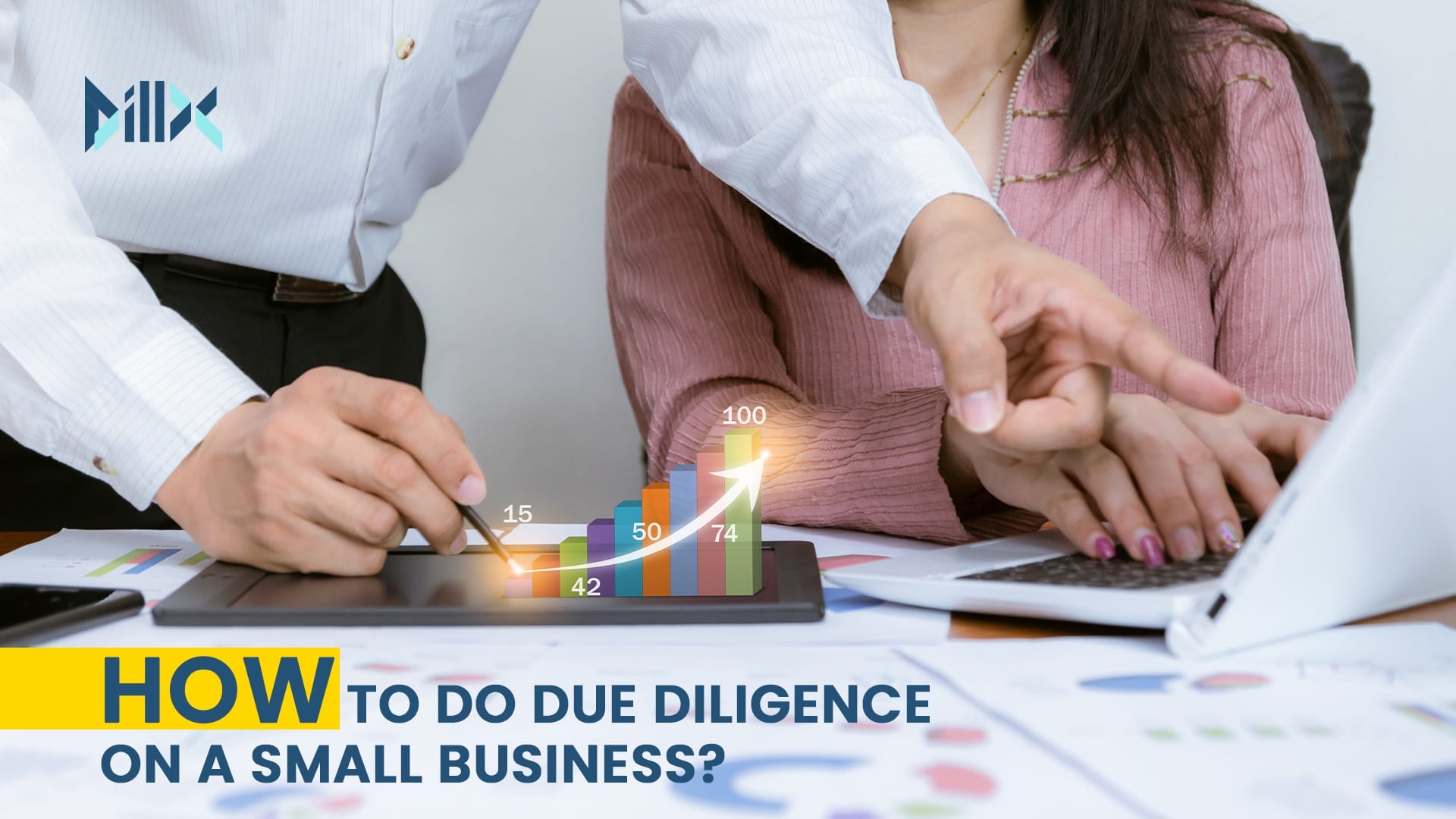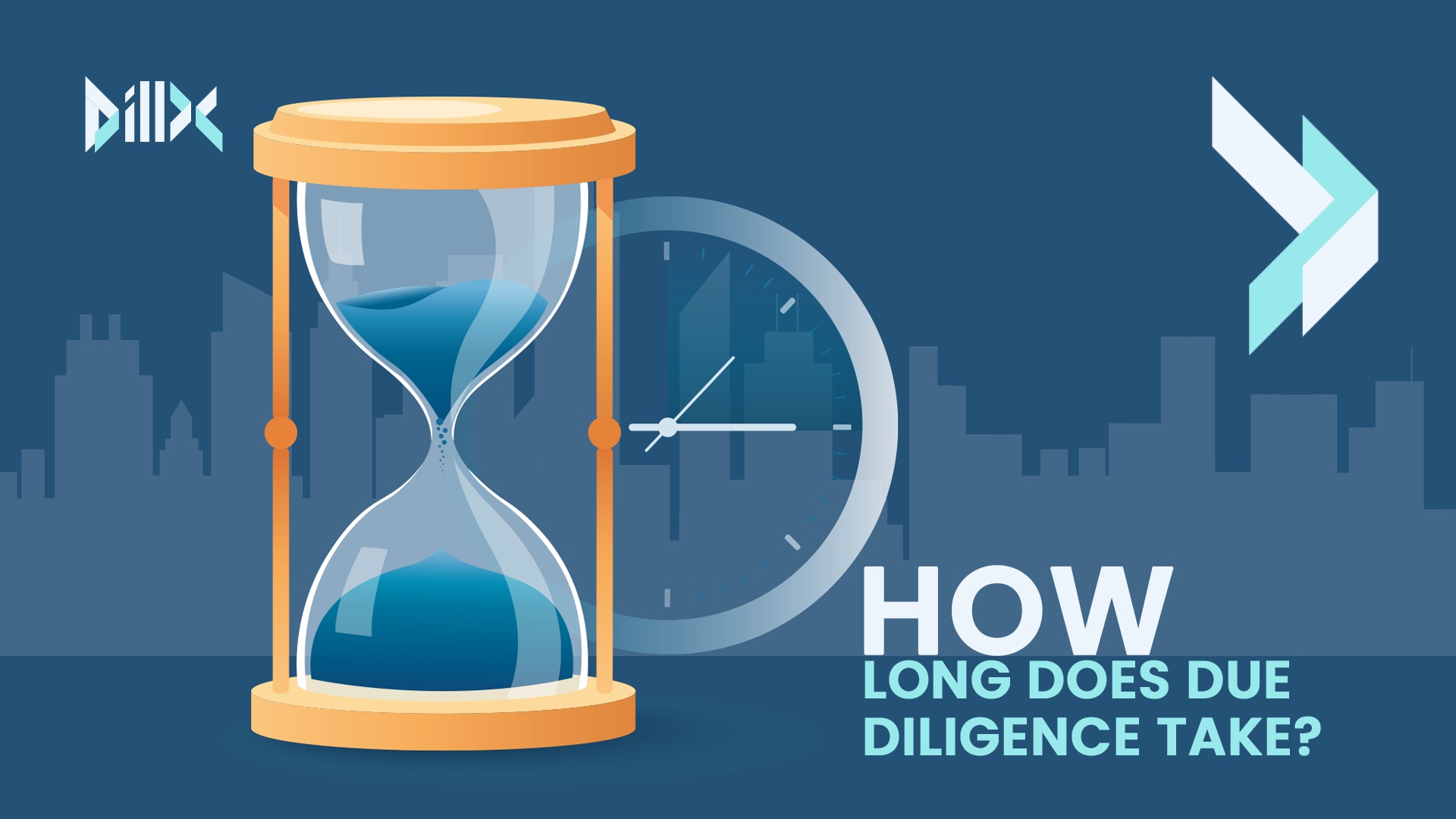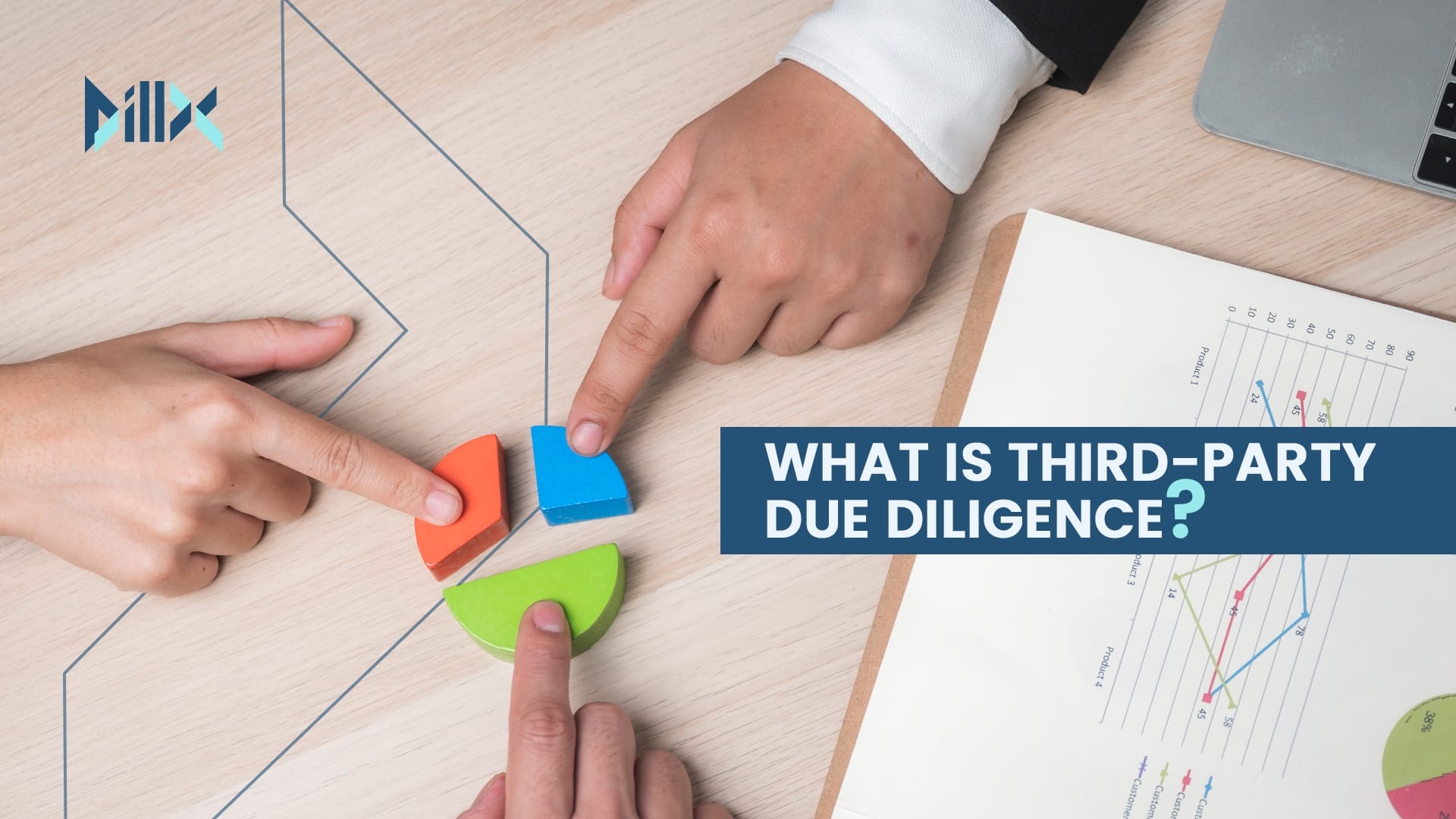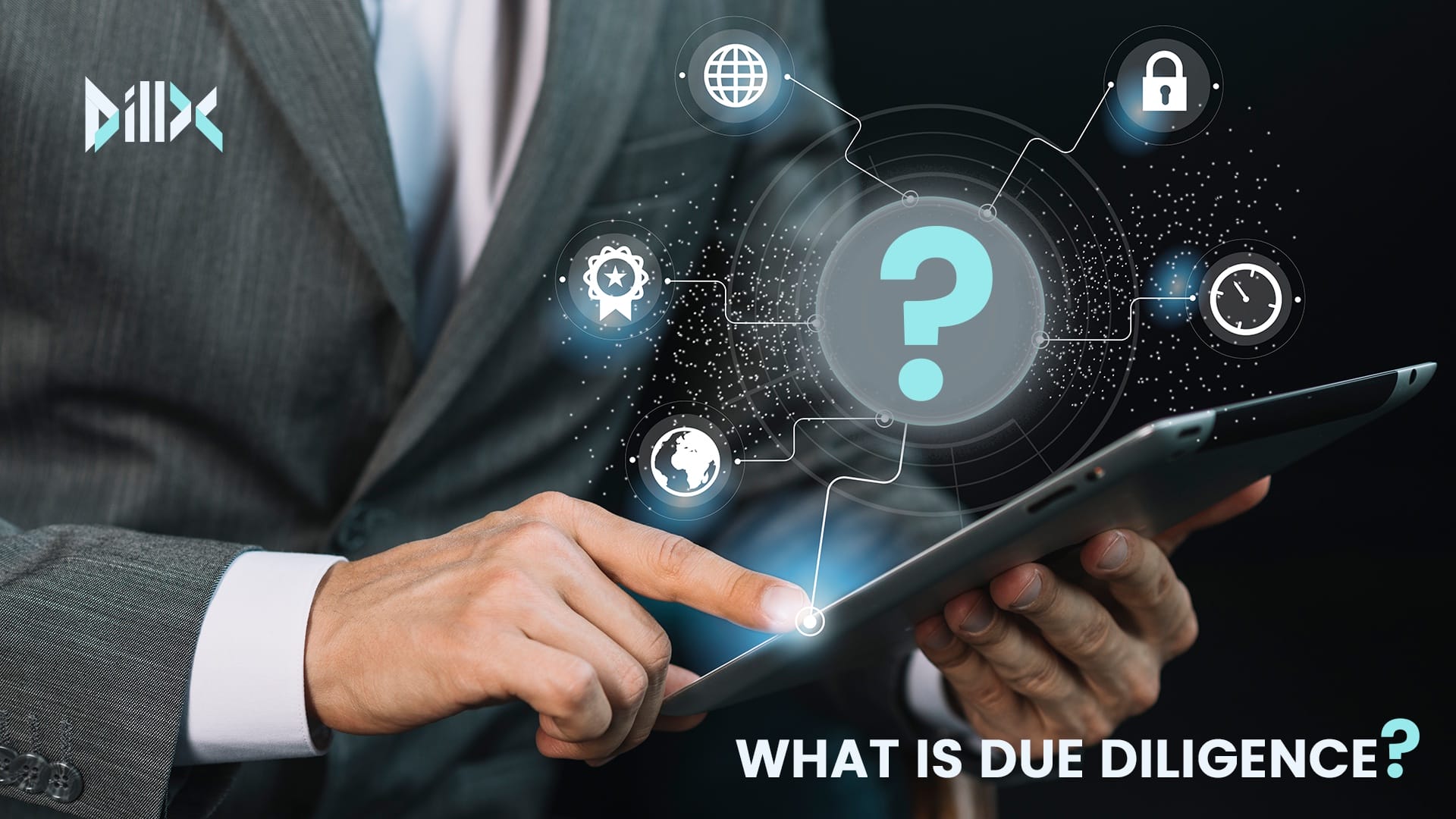In the intricate world of business transactions, due diligence emerges as a guiding compass, illuminating potential risks and opportunities. However, due diligence is not a one-size-fits-all concept. Instead, it comes in various forms, each tailored to different aspects of a transaction. In this blog post, we delve into the diverse types of due diligence, shedding light on their unique focuses, benefits, and roles in ensuring informed decision-making.
Financial Due Diligence:
One of the most common types, financial due diligence, revolves around examining a target company’s financial records, statements, and performance. This type assesses the accuracy of financial information, analyzes trends, identifies potential risks, and evaluates the overall financial health of the entity. Financial due diligence is essential in determining a company’s value, its ability to generate revenue, and any existing liabilities.
Legal Due Diligence:
Legal due diligence delves into the legal aspects of a transaction, focusing on the target company’s compliance with laws, regulations, contracts, and litigation history. This type aims to uncover any potential legal risks, pending litigations, and contractual obligations that could impact the transaction. Legal due diligence ensures that the transaction aligns with legal requirements and minimizes the chances of future legal disputes.
Operational Due Diligence:
Operational due diligence evaluates the operational aspects of a business, including its processes, systems, and internal controls. This type of due diligence assesses the efficiency of operations, potential operational risks, and opportunities for improvements. Operational due diligence is crucial for identifying any operational weaknesses that could impact the post-transaction integration or ongoing business operations.
Commercial Due Diligence:
Commercial due diligence focuses on the market and industry aspects of a transaction. It involves analyzing market trends, competitive landscape, customer behavior, and growth prospects. This type helps assess the potential for revenue growth, market share expansion, and overall market viability, allowing parties to gauge the strategic fit of the transaction.
Environmental Due Diligence:
Environmental due diligence examines the potential environmental risks and liabilities associated with a property or business. It assesses compliance with environmental regulations, potential contamination issues, and the impact of the target entity’s activities on the environment. Environmental due diligence is particularly critical in real estate transactions and industries with significant environmental implications.
Cybersecurity Due Diligence:
In today’s digital age, cybersecurity due diligence has gained prominence. It involves evaluating a company’s digital security measures, data protection practices, and vulnerabilities to cyber threats. Cybersecurity due diligence helps uncover potential data breaches, security weaknesses, and risks related to data privacy, ensuring the protection of sensitive information.
Human Resources Due Diligence:
Human resources due diligence examines the workforce of the target company, assessing employee contracts, compensation plans, benefits, and potential employment-related liabilities. It aims to identify any human resource challenges that could impact the transaction or post-transaction integration.
Conclusion:
The due diligence landscape is rich and diverse, with various types of due diligence tailored to specific aspects of a transaction. By conducting thorough due diligence in these different areas, stakeholders can gather a comprehensive understanding of a business, property, or investment opportunity. This multifaceted approach ensures that parties can make well-informed decisions, mitigate risks, and pave the way for successful and value-driven transactions.
About DillX
Unlock the power of streamlined due diligence with DillX. Say goodbye to months of manual, costly processes and embrace efficiency in just 3 days. Our SaaS platform automates the entire due diligence process, generating detailed DX reports with pre-verified company information and red flag alerts. Founders can track their investment readiness, while investors can assess more startups with reduced risk. Ready to transform your due diligence experience? Join our platform today.


